Search
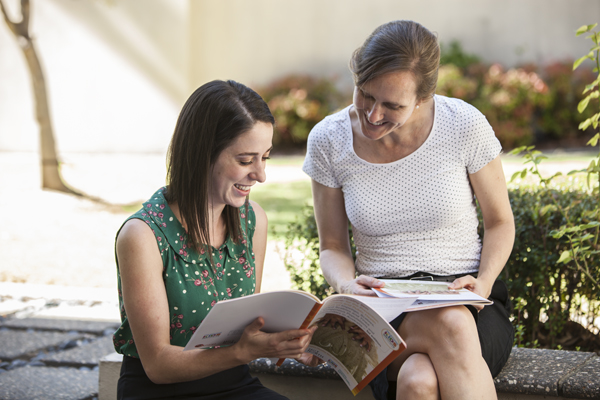
The first ever National Healthy Skin Guideline has become the gold standard for the treatment, prevention and public health control of skin infections in Indigenous populations in Australia and provides a positive framework for healthy skin.
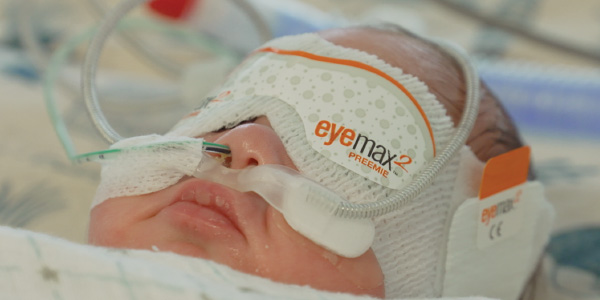
A simple set of eye masks and ear plugs – an inexpensive solution explored in a successful pilot study by The Kids Research Institute Australia, together with the Child and Adolescent Health Service – could hold the key to better outcomes for our tiniest bubs. Now, a nationwide clinical trial is testing the idea

Supporting parents of trans and gender diverse kids.
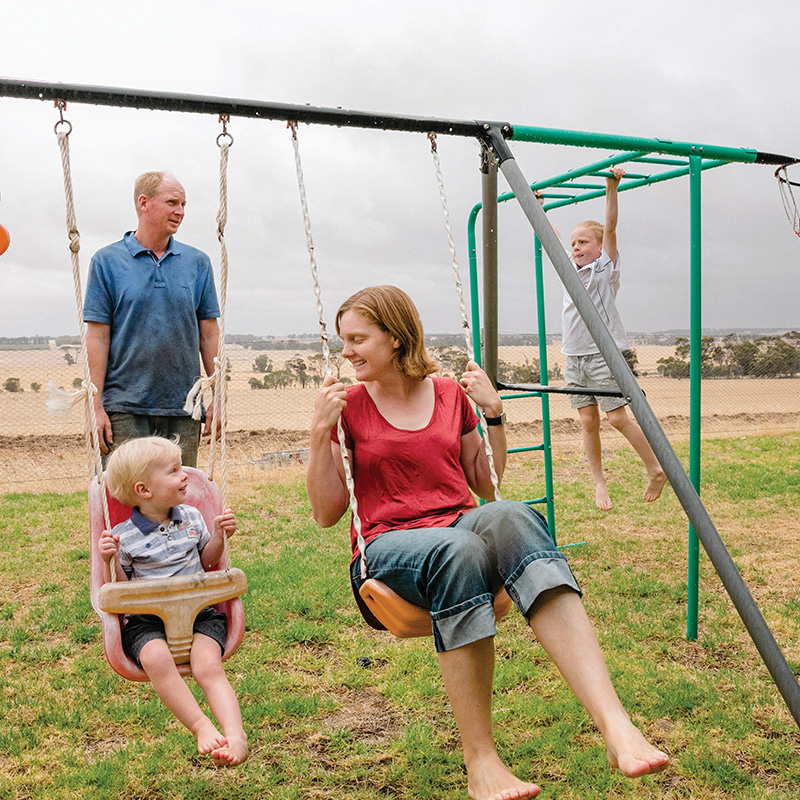
Communities in the Central Great Southern region have known for years that dental health is a major issue for the smallest residents of their towns.
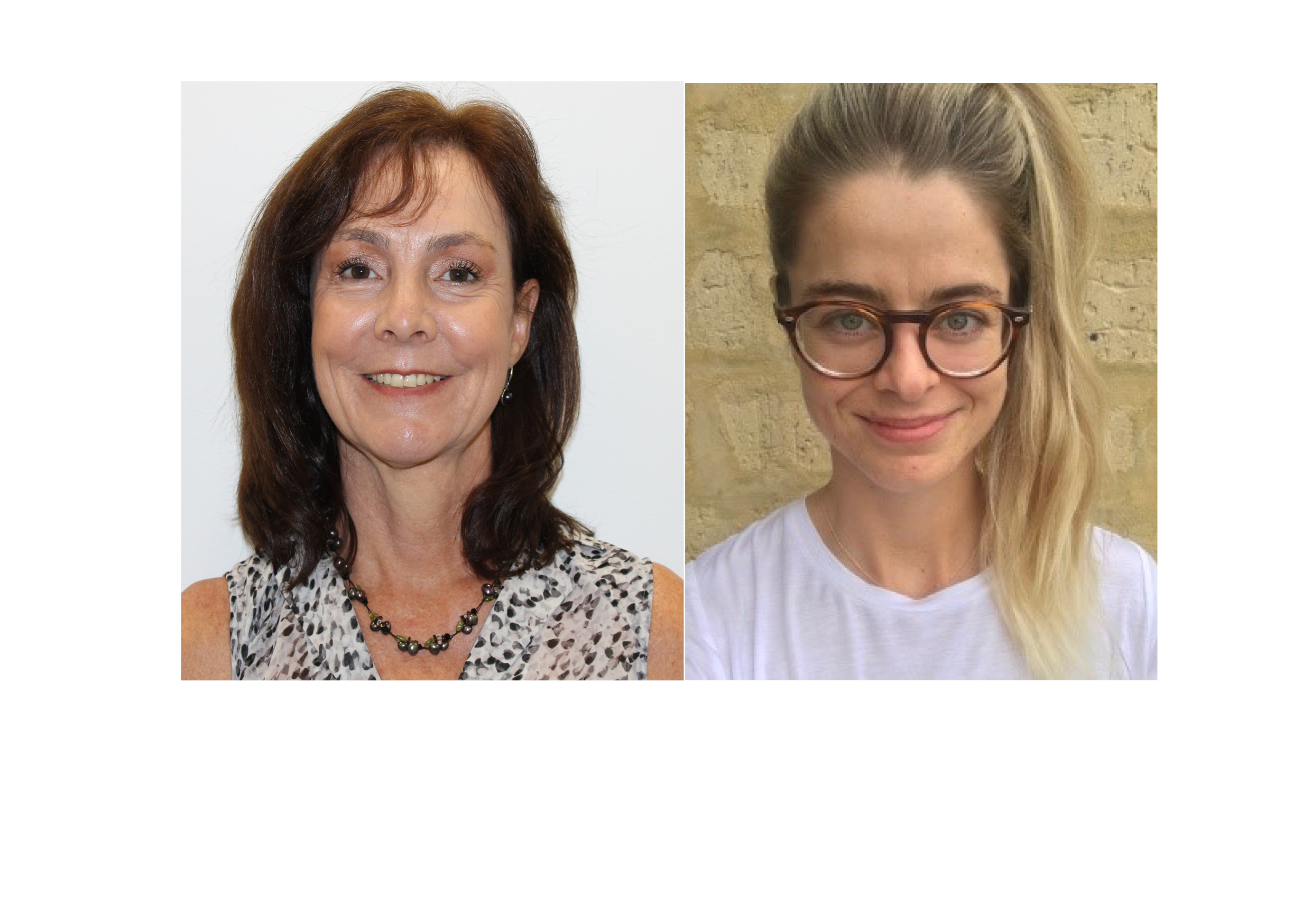
News & Events
Welcome to the team Theresa and Ally!There are two new faces at CliniKids, Theresa, our new Clinical Services Manager and Ally, our new Occupational Therapist.
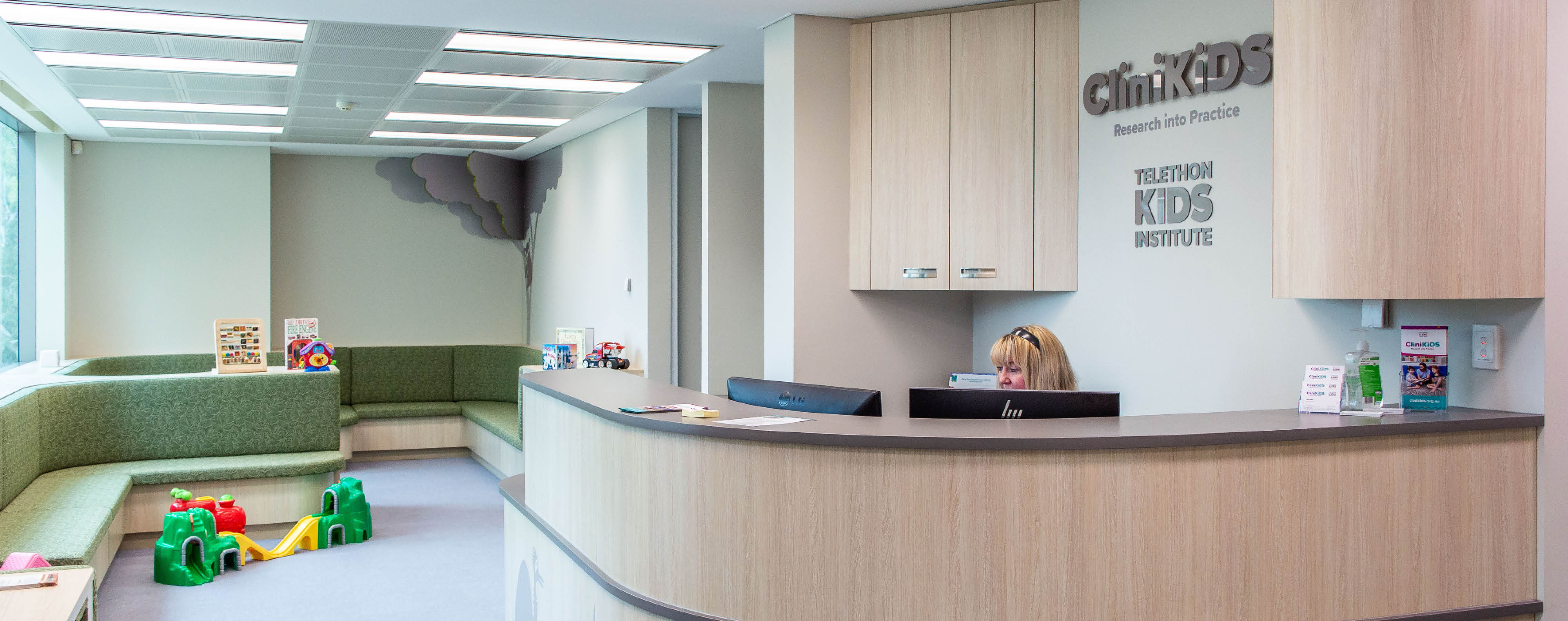
News & Events
Clinic news December 2021Stay updated with the latest news and events from Clinikids in December 2021, focusing on child health innovations and community engagement. Explore more now!
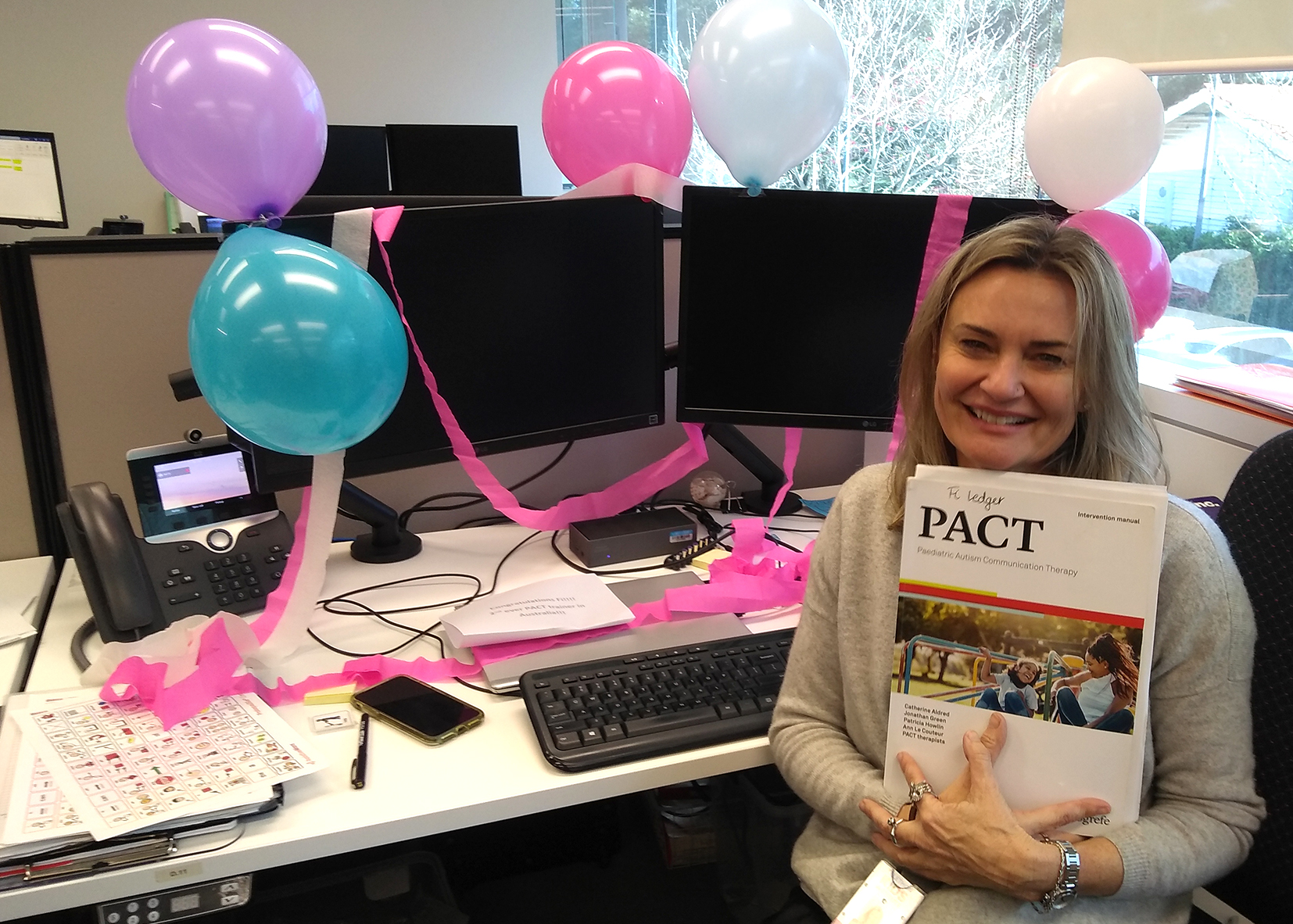
News & Events
Celebrating our teamWe thought we would share news of some fantastic achievements in our team recently.
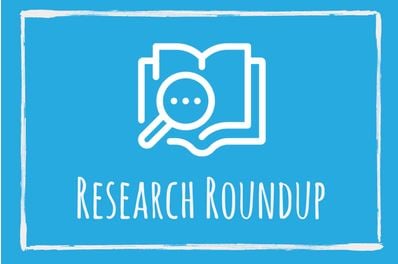
News & Events
CliniKids' research roundupHere’s a quick look at some of the published research to come out of CliniKids recently (June 2021 newsletter)
Research
Acute rheumatic feverAcute rheumatic fever is an autoimmune disorder resulting from Group A Streptococcus pharyngitis or impetigo in children and adolescents, which may evolve to rheumatic heart disease (RHD) with persistent cardiac valve damage. RHD causes substantial mortality and morbidity globally, predominantly among socioeconomically disadvantaged populations, with an interplay of social determinants of health and genetic factors determining overall risk.
Research
Recovery of culturable Streptococcus pyogenes from swabs stored at different temperaturesImproving our understanding of superficial Streptococcus pyogenes (Strep A) carriage and transmission necessitates robust sampling methods. Here, we compared the effect of storing swab samples in fridge (+4°C) and freezer (-20°C) conditions on the recovery of laboratory-cultured S. pyogenes.
